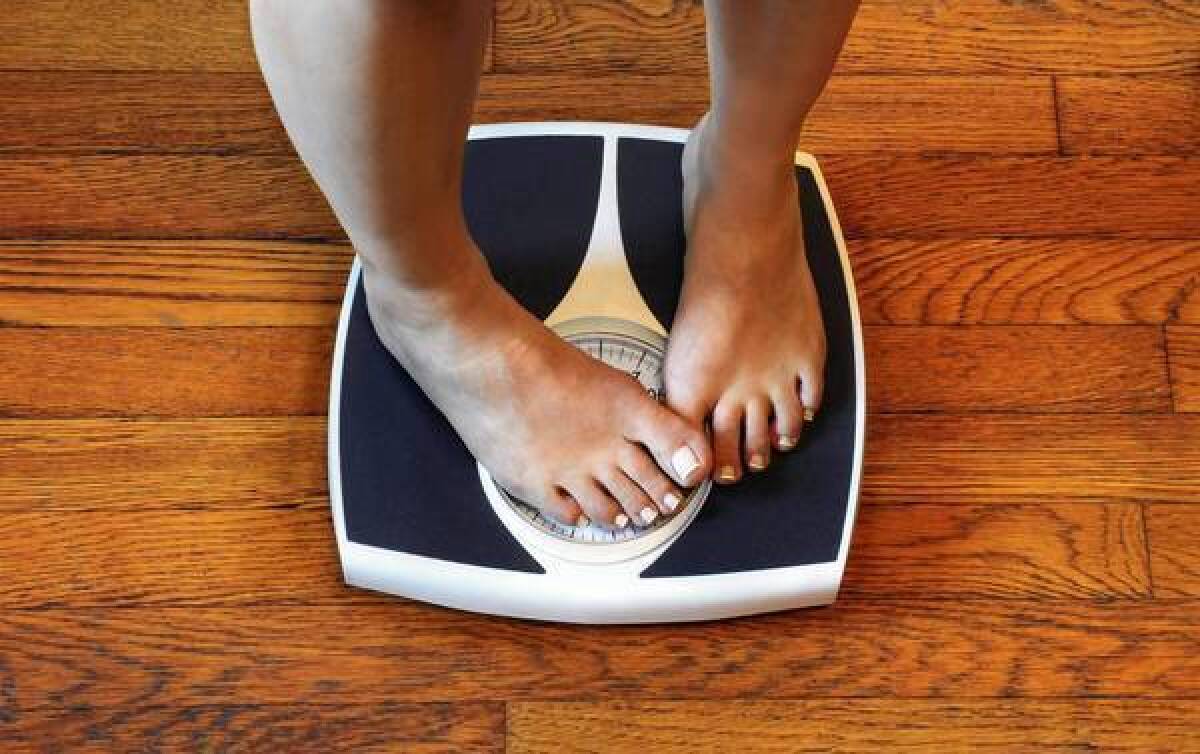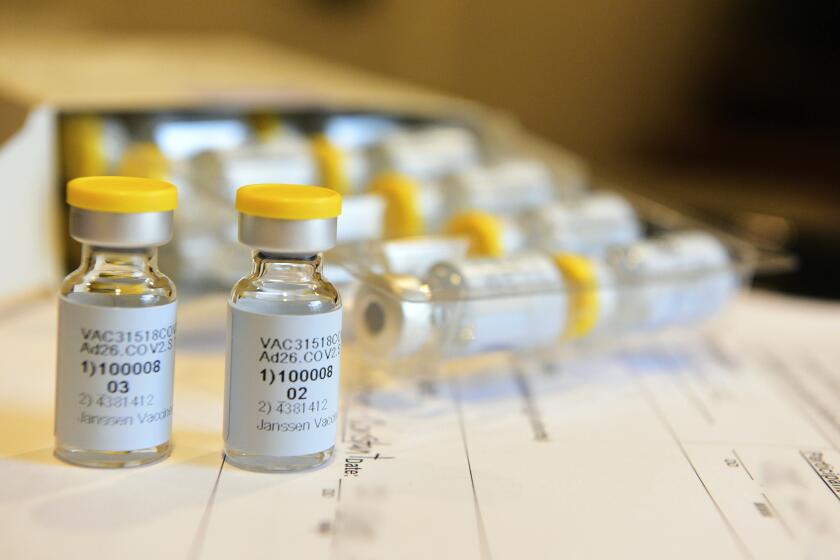Being overweight may boost risk of severe COVID-19, CDC warns

Adults who are overweight but not quite obese may face an increased risk of developing a severe case of COVID-19, according to new advice from the Centers for Disease Control and Prevention.
The public health agency has long said that people who are obese are more likely to become severely ill if they have a coronavirus infection. The threat posed by being overweight is not as clear, but it was strong enough to be added to to the list of medical conditions that “might” put people at “increased risk for severe illness,” the CDC said.
The updated warning appeared on the CDC’s website this week.
Health experts use body-mass index to determine a person’s weight status. The metric compares a person’s weight relative to their height. For adults, a BMI between 18.5 and 24.9 is considered normal. Those with a BMI between 25 and 29.9 are overweight, and those with a BMI of 30 or above are obese. (You can calculate yours here.)
A study of 660,000 Indians finds that a few individuals spread most new infections and that children transmit the coronavirus just as well as adults.
Having a higher BMI doesn’t necessarily mean someone is fat, but it is correlated with an increased risk of Type 2 diabetes, heart disease, stroke, certain cancers and a host of other serious medical conditions.
More than 7 in 10 U.S. adults are either overweight or obese, the CDC says.
Doctors observed early in the pandemic that obesity was a risk factor for severe cases of COVID-19. People with obesity have higher rates of respiratory disorders and a reduced lung volume, requiring them to work harder for each breath.
Obesity joined the CDC’s official list of severe COVID-19 risk factors in June.
The evidence that being overweight is a risk factor is more limited, the CDC says.
A study published in July in the journal Obesity found that among 684 COVID-19 patients who were hospitalized in New York, those who were overweight were about twice as likely to require a breathing tube and about 40% more likely to die compared with patients with a normal weight.
The Trump administration seems to be going to great lengths to get a COVID-19 vaccine produced by election day. How much can they get away with?
Another study from the United Kingdom found that compared with people in the normal-weight category, people who were overweight were up to 39% more likely to be hospitalized for COVID-19. The magnitude of the risk was reduced after researchers accounted for health and demographic like smoking history, physical activity and ethnicity.
Metabolic changes tied to excess weight reduce the immune system’s ability to fight disease, and that probably plays a role when it comes to COVID-19 outcomes, said Barry Popkin, a nutrition professor at the UNC-Chapel Hill’s Gillings School of Global Public Health.
Other conditions for which there is limited evidence of increased risk of severe COVID-19 include liver disease, Type 1 diabetes and infection with HIV, the CDC says.
Bloomberg was used to compile this report.









